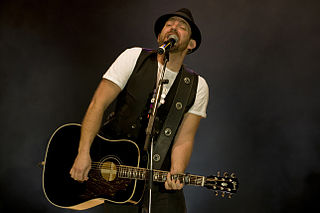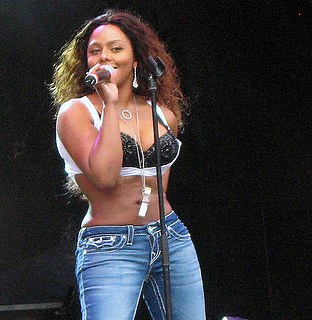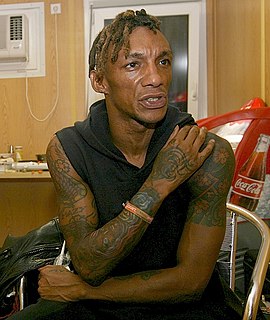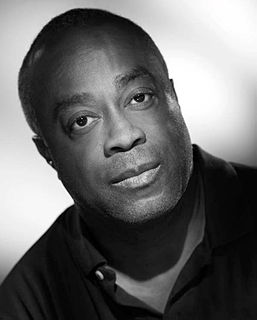A Quote by Kristian Bush
There is a misconception that I've experienced in my life about people that live in the South. I got sent away to school in Connecticut in the late Eighties, and kids were honestly asking me, 'Do people there wear shoes?'
Related Quotes
I couldn't give away my husband's shoes. I could give away other things, but the shoes - I don't know what it was about the shoes, but a lot of people have mentioned to me that shoes took on more meaning than we generally think they do... their attachment to the ground, I don't know - but that did have a real resonance for me.
And in some ways, to me, that's one of the inspiring and powerful things about the Great Migration itself. There was no leader, there was no one person who set the date who said, 'On this date, people will leave the South.' They left on their own accord for as many reasons as there are people who left. They made a choice that they were not going to live under the system into which they were born anymore and in some ways, it was the first step that the nation's servant class ever took without asking.
I was quite... feminine. Not in my actions, in my ways. If one of my uncles had trouble at school, they'd go to that person and thump him. It's all a man thing. They got sent off to boxing when they were kids. You live in a tough area, you get off to boxing. My auntie tried to do that to me. I lasted six minutes in boxing.
I always hated high-school shows and high-school movies, because they were always about the cool kids. It was always about dating and sex, and all the popular kids, and the good-looking kids. And the nerds were super-nerdy cartoons, with tape on their glasses. I never saw 'my people' portrayed accurately.
I always say to people, the Eighties were so inventive because people wanted to stand out. By the time we got to the Nineties, everyone wanted to fit in. It was all about having the same pair of trainers and the same pair of jeans. That's fatal. Whereas the Eighties you would never be seen in the same pair of jeans that somebody else was wearing.
First I went to a Jewish school, when I was very little. But when I was 12, they put me in a school with a lot of traditions, and they were educated people and they were talking about Greece and the Parthenon and I don't know what. All the kids, all the girls they had already seen that and knew that from their family, and I would say, "What are you talking about, what's that?" It's not my world. My grandparents were very well-educated people, but in the Jewish tradition. They knew everything about the Bible.
Coming from the South and growing up in L.A. where it was so segregated - worse than the South in many ways - all the people in my neighborhood were from the South. So you had that Southern cultured environment. The church was very important. And there were these folk ways that were there. I was always fascinated by these Southern stories, people would share these mystified experiences of the South. I wanted to talk about folklore.




































